A question was asked:
I know that charitable organizations often have phone banks or door-to-door canvassing where the workers take a percentage of the funds they raise. Likewise, supervisors on such giving programs often also get a percentage. What is the difference if the ED also gets a percentage?
In the sense that it is unethical for all three individuals to get a percentage of the funds they raise, there is no difference.
The question of ethics in percentage compensation in fundraising relates, in part, to whether the donor is first informed that the solicitor (and others) will be getting a piece of their contribution or whether the donor is allowed to believe that all of his/her gift will go to advance the mission of the organization.
The ethical question refers to the donor being able to make an informed decision and knowing that his/her gift will be used as s/he intended — to help people in need.
If the donor is first informed that a percentage of her/his gift will go to the solicitor (and others), and s/he still elects to make that gift, then there is no conflict.
Chances are, however, that donors, if so informed, will choose not to make a gift.
Any NPO whose employees and/or representatives receive a percentage of gift income, and do not inform donors “up front,” are depriving a donor of the right to know and are, therefore, being unethical — and possibly fraudulent.
Nonprofit organizations and their treatment/use of their income is different from that of for-profits because the “assumption” is made that any money given to an NPO goes to advance their “good works.”
This is also a good circumstance to which to apply the “Washington Post test” — as previously described. Would an NPO want their donors to learn from their local news media about the “misdirection” of their funds ??
=-=-=-=-=-=-=-=-=-=-=-=-=-=
We’ve been posting these pieces for the last five years,
and we’re now at a point where, to keep this “blog” alive,
we need your questions/problems to engender further discussion.
Look forward to hearing from you.
Comments & Questions
=-=-=-=-=-=-=-=-=-=-=-=-=-=
Have a comment or a question about starting, evaluating
or expanding your fundraising program?
AskHank
=-=-=-=-=-=-=-=-=-=-=-=-=-=
Have you heard about
The Fundraising Series of ebooks?
They’re easy to read, to the point, and inexpensive ($1.99-$4.99)
=-=-=-=-=-=-=-=-=-=-=-=-=-=
If you’re reading this on-line, and would like to comment/expand on the above piece, or would just like to offer your thoughts on the subject of this posting, we encourage you to “Leave a Reply.” If you’re reading this as an email, and you want to comment on the above piece, email Comments to offer your thoughts. Your comments, with appropriate attribution, could be the basis of a new posting.






